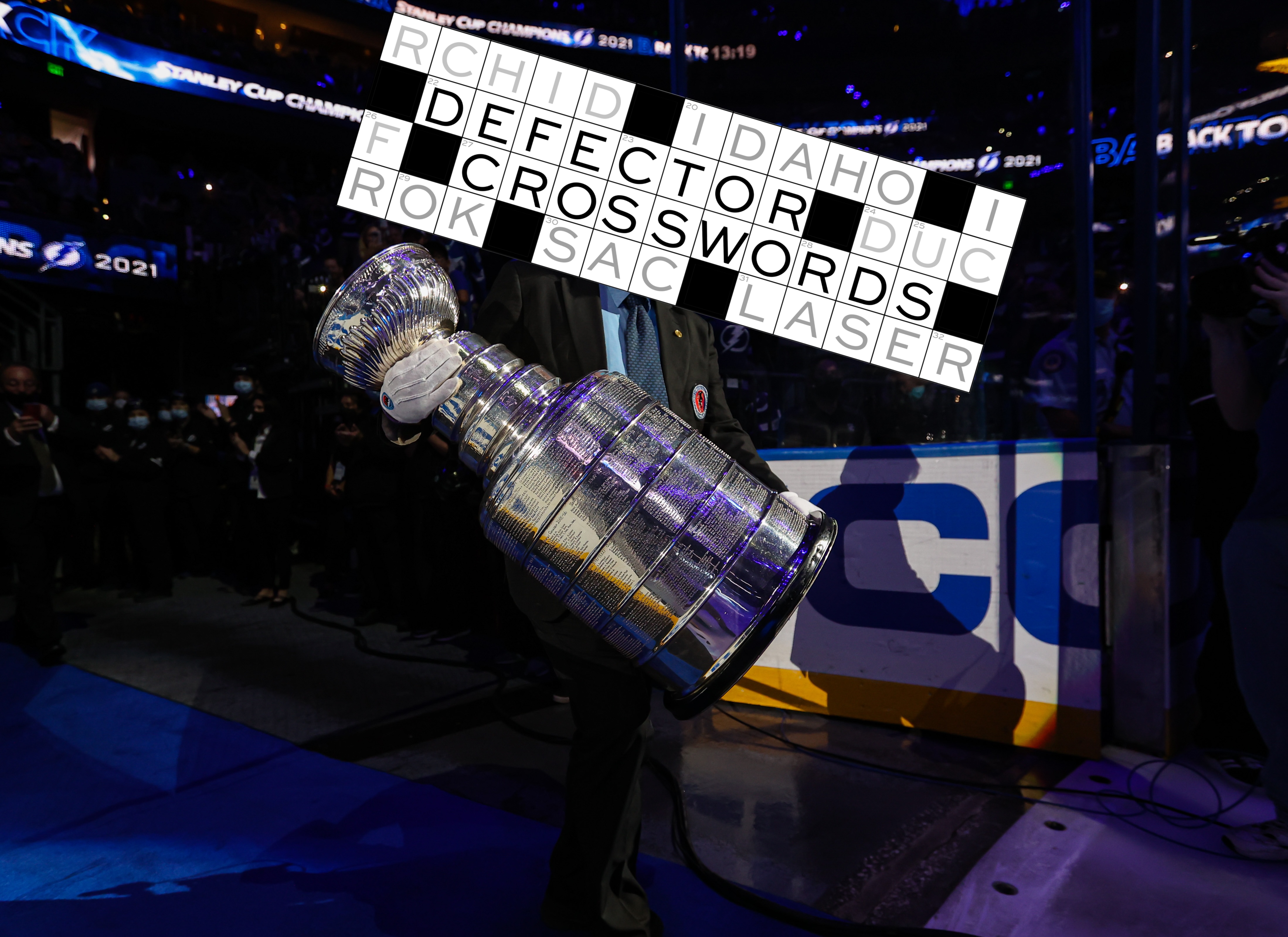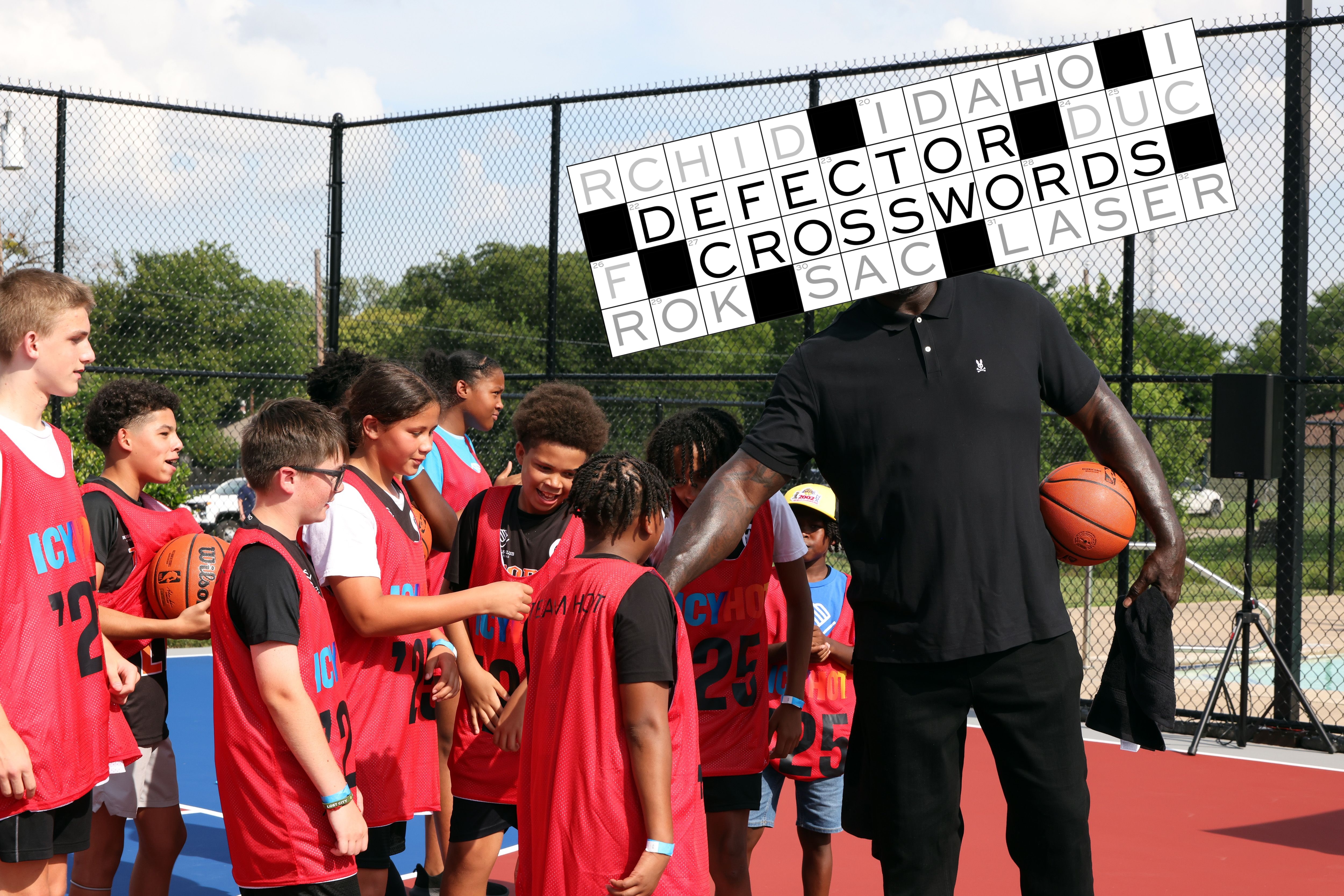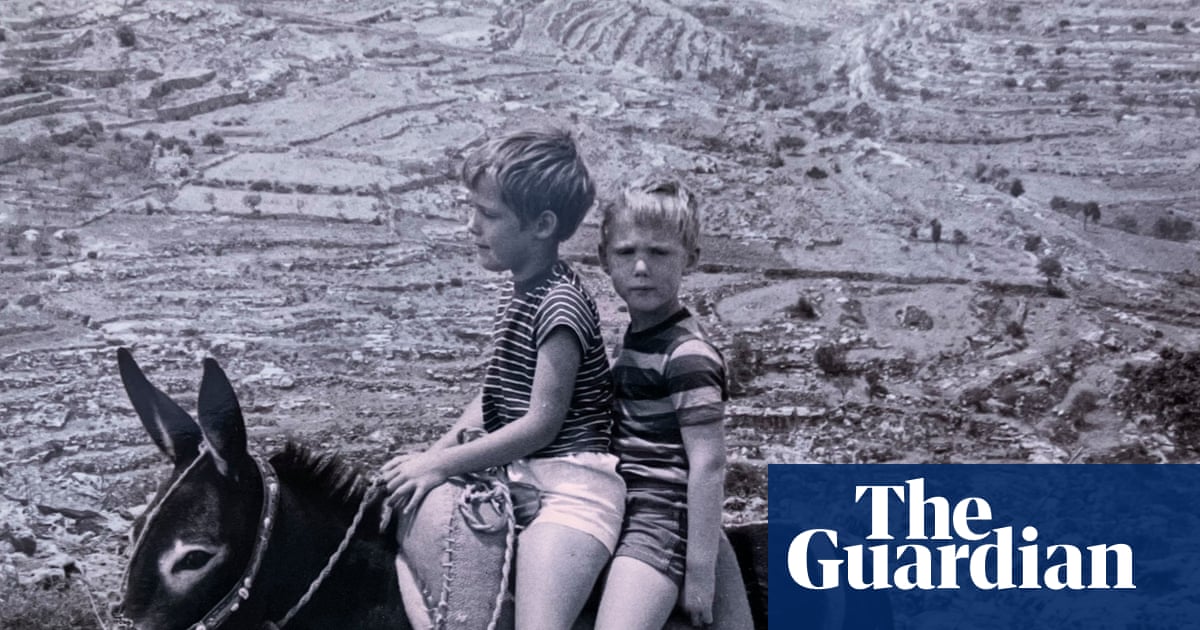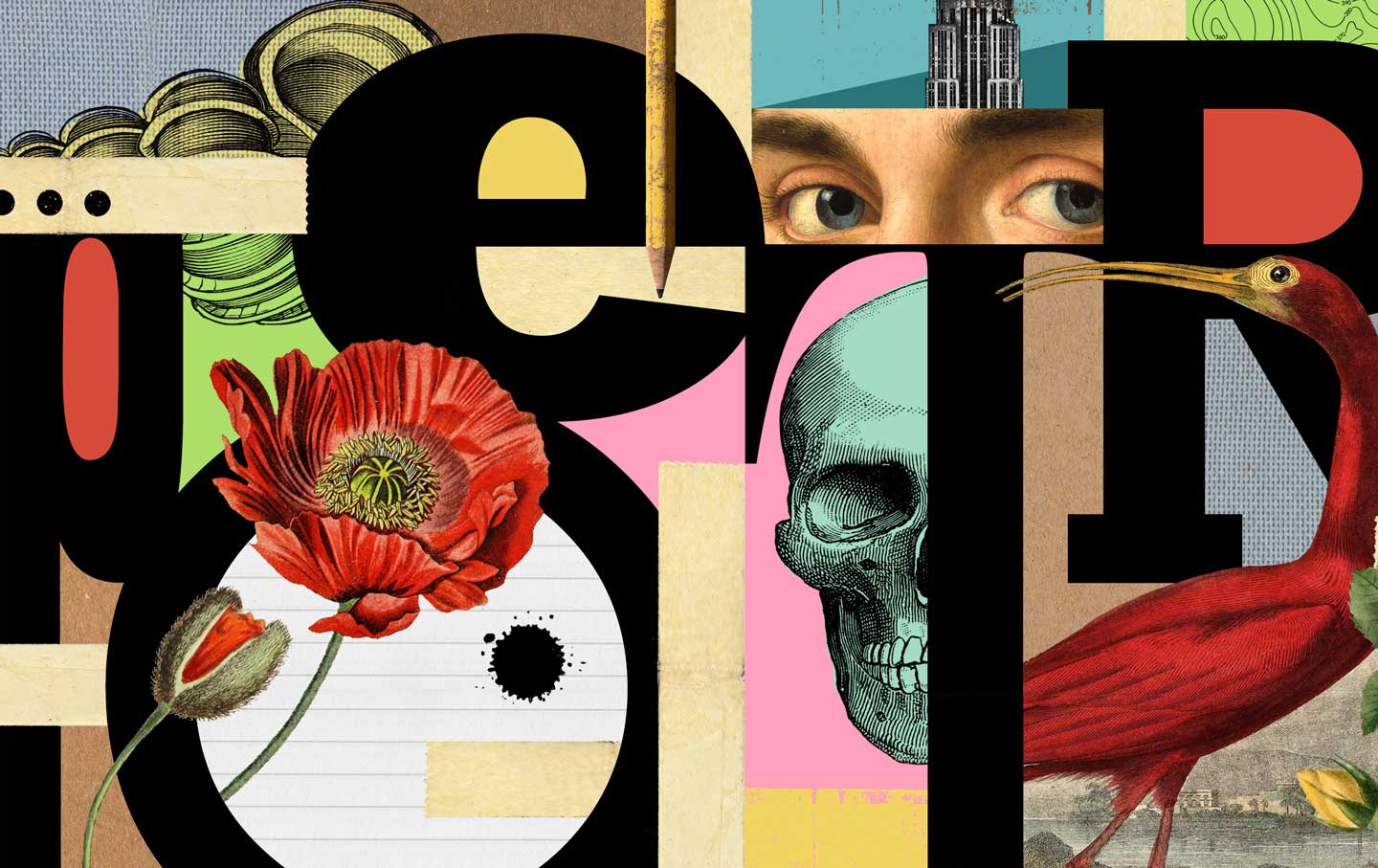Writing
Writing
[ follow ]
#poetry #childhood #san-francisco #crossword #language #memory #rejection #resilience #avcx #loss #imagery #theater
fromABA Journal
1 week agoShould the bottom line be up front? Only with context, Bryan Garner says
Many lawyers have eagerly adopted the buzzword "BLUF"-bottom line up front-as if invoking the acronym were synonymous with careful thinking. The catch is that almost no one stops to ask the important question: What exactly is meant by "bottom line"? The answer isn't obvious, and it shifts with context. In military writing, the "bottom line" is a concrete decision or action a commander must take-stated at the very start because the commander already knows the mission, the terrain and the stakes.
Writing
fromThe New Yorker
1 week agoWhy Shouldn't We Let Demons Do Homework?
A crack of thunder, a flash of light, and a sulfurous mist flooded my apartment. Marax, President of Hell, stood before me. Marax entered my summoning circle, eyes burning with unholy fire, and I gave him the stack of homework to flip through while I brushed my teeth. Marax marked up the papers and fleshed out my bullet points into thoughtful feedback before I even got to my molars. Then-three hours of my life, saved!-I banished him back to Hell.
Writing
fromThe Atlantic
1 week agoForbearance
A little rice? A little soup? I'd rather die reading the early texts you sent about my breasts. I wouldn't take a picture- infidelity!- and so instead had conjured them with words, for which, with words, you gave me back a tongue we dragged across the skin of common thought. Such is our lot, our shared disease or gift. Like Bernini's angels propped somewhere in Rome
fromTechCrunch
1 week agoScience fiction writers, Comic-Con say goodbye to AI | TechCrunch
Back in December, when SFWA announced that it was updating its rules for the Nebula Awards. Works written entirely by large language models would not be eligible, while authors who used LLMs "at any point during the writing process" had to disclose that use, allowing award voters to make their own decisions about whether that usage would affect their support.
Writing
fromBuzzFeed
1 week agoI Hate To Break It To You, But There's A Huge Chance You've Been Saying Extremely Common Words And Phrases Wrong Your Entire Life
1. Tongue in cheek 2. Old wives' tales 3. Statute of limitations 4. To be specific 5. Nipped in the bud 6. Get down to brass tacks 7. Deep-seated hatred 8. All intents and purposes 9. Wheelbarrow 10. Champing at the bit 11. Jury-rigged 12. Ulterior motive 13. Bald-faced lie 14. Dog eat dog world 15. Chump change 16. Dime a dozen 17. Duct tape 18. Can't see the forest for the trees 19. Quote unquote 20. Could have 21. Chalk it up 22. Iced tea 23. Take for granted 24. Blessing in disguise 25. Bated breath
Writing
fromSlate Magazine
1 week agoYou See Your Crush. You Lock Eyes. You Hold Your Gaze. Then You Do the Most 2026 Thing Possible.
The English language is a marvelous thing. In just the past few years, we've been treated to the invention of words or terms that have captured new technologies or given voice to how it feels to be alive in 2026: rage bait, rizz, slop, hard pants, nepo baby, brain rot. But occasionally, new phrases arise that describe something much older-perhaps even ancient-to which no one has given a name.
fromwww.theguardian.com
1 week agoTo say I was the favourite would imply I was liked': Mark Haddon on a loveless childhood
cardiganed grandmothers eating roadside picnics beside Morris Minors, pale men sunbathing in shoes and socks on stripy deckchairs, Raleigh Choppers and caged budgerigars and faux leather pouffes I feel a wave of what can't properly be called nostalgia, because the last thing I'd want is to return to that age and those places where I was often profoundly unhappy and from which I'd have been desperate to escape if escape had been a possibility.
Writing
fromwww.mercurynews.com
1 week agoOpinion: You can blame me for all those em dashes in AI-generated text
I'm one of those authors whose books AI ate for lunch a few years back. At some point I might get a check to pay me for a dozen years' work on the three books it stole, but really, there's no way to compensate for the fallout. AI seems to think no, it can't think, only shuffle what real people thought that a machine can write as well as a person can.
Writing
Writing
fromMetro Silicon Valley | Silicon Valley's Leading Weekly
1 week agoPlaywright Vincent Terrell Durham premieres new play at San Jose's City Lights Theater | Metro Silicon Valley | Silicon Valley's Leading Weekly
Vincent Terrell Durham parlayed a decade of stand-up into a successful career as a playwright focused on family, identity, and racial themes.
fromAbove the Law
2 weeks agoWriting Like A Lawyer Without Sounding Like A Lawyer - Above the Law
Here's the good news: writing isn't a talent. It's a skill. And skills respond to the same cure as every other skill: reps. Not glamorous reps. Not the kind that gets applause. The kind you do in small rooms, when no one is watching, when you're a little uncomfortable, when you want to quit halfway through because the sentence you just wrote feels like wet cardboard. That's the work.
Writing
Writing
fromNonprofit Quarterly | Civic News. Empowering Nonprofits. Advancing Justice.
2 weeks agoWhy It Matters that Renee Nicole Macklin Good Was a Poet | Nonprofit Quarterly | Civic News. Empowering Nonprofits. Advancing Justice.
Renee Nicole Macklin Good, a musician and prize-winning poet, was killed by an ICE agent; her work explored tensions between faith, science, and care.
fromHarvard Gazette
2 weeks ago'Talent can be a great hindrance ... It's really about endurance' - Harvard Gazette
It makes sense that in our culture of gain and scarcity that [finding a voice] should be a hunt or search or possession, but I don't think that's true," said Vuong, an award-winning poet, novelist, and the featured speaker at the recent annual Eliot Memorial Reading. "I don't think one finds a voice ... I think one develops it throughout one's life ... I'm still discovering mine.
Writing
fromwww.dw.com
3 weeks agoJack London felt 'Call of the Wild,' lived life of adventure DW 01/11/2026
Born in San Francisco as John Griffith Chaney on January 12, 1876, Jack London lived a life even more dramatic than those portrayed in many of his novels. His biological father never acknowledged paternity, shunning his mother while she was still pregnant. She would later marry Civil War veteran John London, who took him in as his stepson and gave him his surname. London grew up in severe financial hardship.
Writing
fromwww.npr.org
3 weeks agoOpinion: Remembering Renee Good
i want back my rocking chairs, solipsist sunsets, & coastal jungle sounds that are tercets from cicadas and pentameter from the hairy legs of cockroaches. i've donated bibles to thrift stores (mashed them in plastic trash bags with an acidic himalayan salt lamp the post-baptism bibles, the ones plucked from street corners from the meaty hands of zealots, the dumbed-down, easy-to-read, parasitic kind): remember more the slick rubber smell of high gloss biology textbook pictures;
Writing
fromwww.theguardian.com
3 weeks agoA Long Game by Elizabeth McCracken review here's how to really write your novel
Trope, POV, backstory, character arc. In the 30 years since I was a student of that benign, pipe-smoking, elbow-patched man of letters Malcolm Bradbury, the private language of creative writing workshops has taken over the world. What writers used to say to small circles of students in an attempt to help them improve their storytelling technique has become a familiar way, often parodic and self-knowing, of interpreting the grand and not-sogrand narratives of our time.
Writing
fromThe Atlantic
1 month agoThe Last Days of the Southern Drawl
My dad has always had a southern accent: His words fall out of his mouth the way molasses would sound if it could speak, thick and slow. But his "KFC voice," as my sisters and I call it, is country. It's watered-down on work calls and during debates with his West Coast relatives. But it comes out around fellow cattle farmers and old friends from Kentucky, where he grew up.
Writing
Writing
fromwww.theguardian.com
1 month agoThe hill I will die on: Fan fiction is real literature, whatever the snobs say | Urooj Ashfaq
Fan fiction is participatory, reparative literature that empowers readers to rewrite canon, challenge gatekeeping, and create emotional closure outside commercial publishing.
fromFortune
1 month agoMichigan college survey says '6-7' is lowkey cooked, put in on the 'Banished Words List' | Fortune
Respondents to an annual Michigan college survey of overused and misused words and phrases say " 6-7 " is "cooked" and should come to a massive full-stop heading into the new year.
Writing
fromwww.theguardian.com
1 month agoMy big night out: I was about to get fired then a colleague invited me to the party that changed my life
In the mid-90s, I was working as an admin assistant on the listings magazine of the London Evening Standard, and was about to be fired. OK, I wasn't that good at the job, but I was also done with it. It was on my mind that I needed an actual job, one that you could describe to someone: I'm an X.
Writing
Writing
fromPoynter
1 month ago'Hit the pavement, talk to strangers, listen:' 5 lessons from great storytelling - Poynter
Traditional reporting fundamentals—shoe-leather reporting, listening, and source trust—combined with innovation in delivery produce impactful journalism driven by reporters' dedication and humanity.
fromAnildash
2 months agoThey have to be able to talk about us without us - Anil Dash
It's absolutely vital to be able to communicate effectively and efficiently to large groups of people. I've been lucky enough to get to refine and test my skills in communicating at scale for a few decades now, and the power of talking to communities is the one area where I'd most like to pass on what I've learned, because it's this set of skills that can have the biggest effect on deciding whether good ideas and good work can have their greatest impact.
Writing
fromThe New Yorker
1 month agoLawrence Wright on A. J. Liebling's "The Great State"
During the 1959 session of the Louisiana state legislature, Governor Earl Long, the less famous younger brother of Senator Huey Long, "went off his rocker," as the tickled writer A. J. Liebling recounted in this magazine, adding, "The papers reported that he had cursed and hollered at the legislators, saying things that so embarrassed his wife, Miz Blanche, and his relatives that they had packed him off to Texas in a National Guard plane to get his brains repaired in an asylum."
Writing
fromJezebel
1 month agoThe Best New Novels of 2025, According to an Expert (Me)
It wouldn't be mid-to-late December without a series of "best of" articles coming out from every outlet that covers culture-and who am I to buck that trend? I get to read dozens of books every year for Jezebel, and I'm here to put all that reading to use by doing one of my favorite things: recommending books. But there are too many books-and I am but one, part-time reader-for me to do a broader "best of" list,
Writing
fromThe New Yorker
1 month agoAndrew Martin on the Post-Lockdown Period
I think Malcolm is unreliable only in the sense that he's trapped in his own perspective and, partly as a result of his depression, not especially sensitive to the feelings of the other people around him (namely, the woman he's marrying). I think the clarity and the self-awareness with which he recounts the crisis, though, indicates that he's a fundamentally trustworthy narrator.
Writing
[ Load more ]













